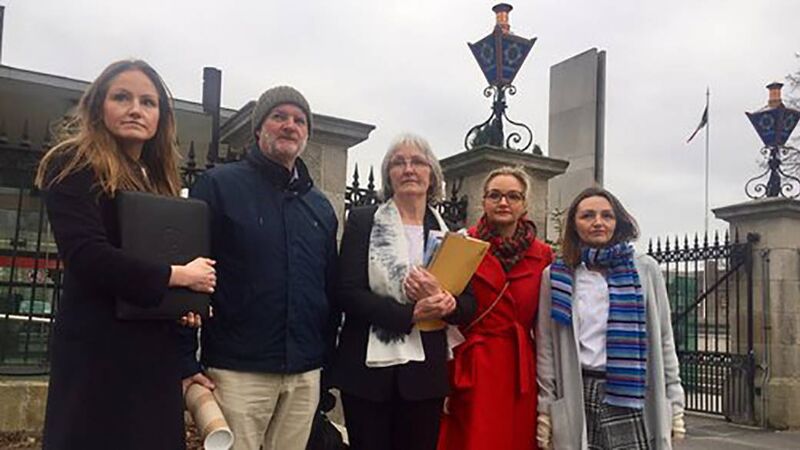Mother still waiting for justice a decade after son was killed on bike

The family of Shane O’Farrell who was killed in a hit and run in Co Monaghan on August 2, 2011. The full circumstances leading to the fatal accident remain unresolved.
Try from €1.50 / week
SUBSCRIBE
The family of Shane O’Farrell who was killed in a hit and run in Co Monaghan on August 2, 2011. The full circumstances leading to the fatal accident remain unresolved.
ON August 2, Shane O’Farrell will be dead 10 years. He was on the cusp of completing his education and starting a new phase of his young life when he was killed by a hit-and-run driver outside Carrickmacross in Monaghan.
A tenth anniversary of this nature is difficult on any family, but when the full circumstances leading to the fatal accident remain unresolved, the pain is inevitably more acute.
Already a subscriber? Sign in
You have reached your article limit.
Annual €130 €80
Best value
Monthly €12€6 / month
Introductory offers for new customers. Annual billed once for first year. Renews at €130. Monthly initial discount (first 3 months) billed monthly, then €12 a month. Ts&Cs apply.
CONNECT WITH US TODAY
Be the first to know the latest news and updates
Newsletter
Sign up to the best reads of the week from irishexaminer.com selected just for you.

Select your favourite newsletters and get the best of Irish Examiner delivered to your inbox
Monday, February 9, 2026 - 1:00 PM
Monday, February 9, 2026 - 6:00 AM
Monday, February 9, 2026 - 8:00 AM
© Examiner Echo Group Limited